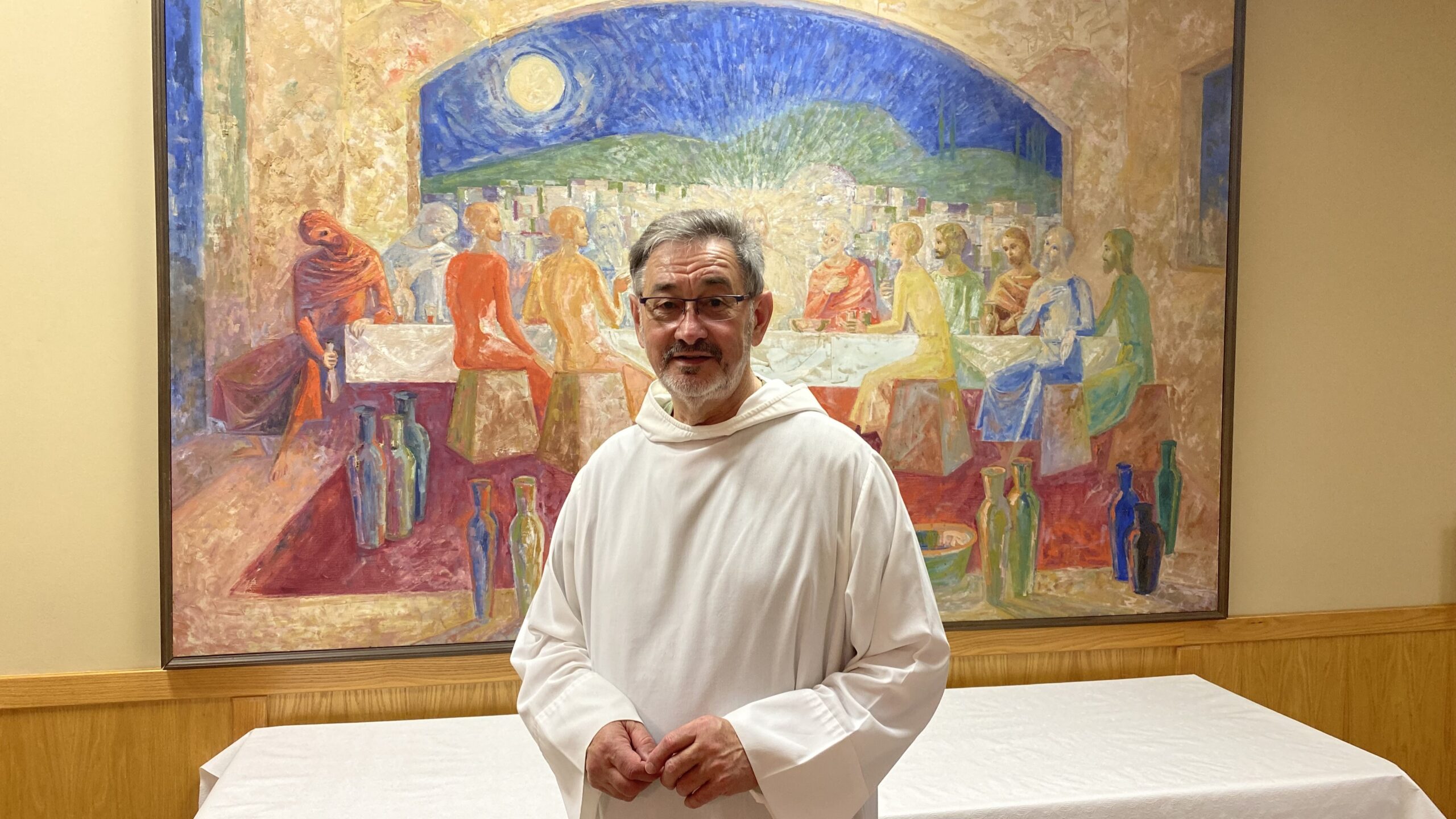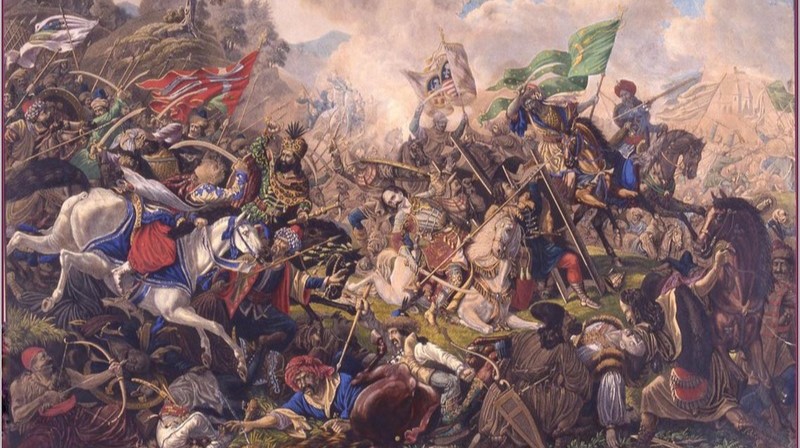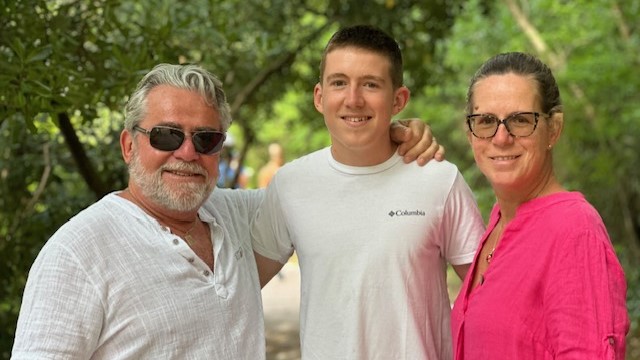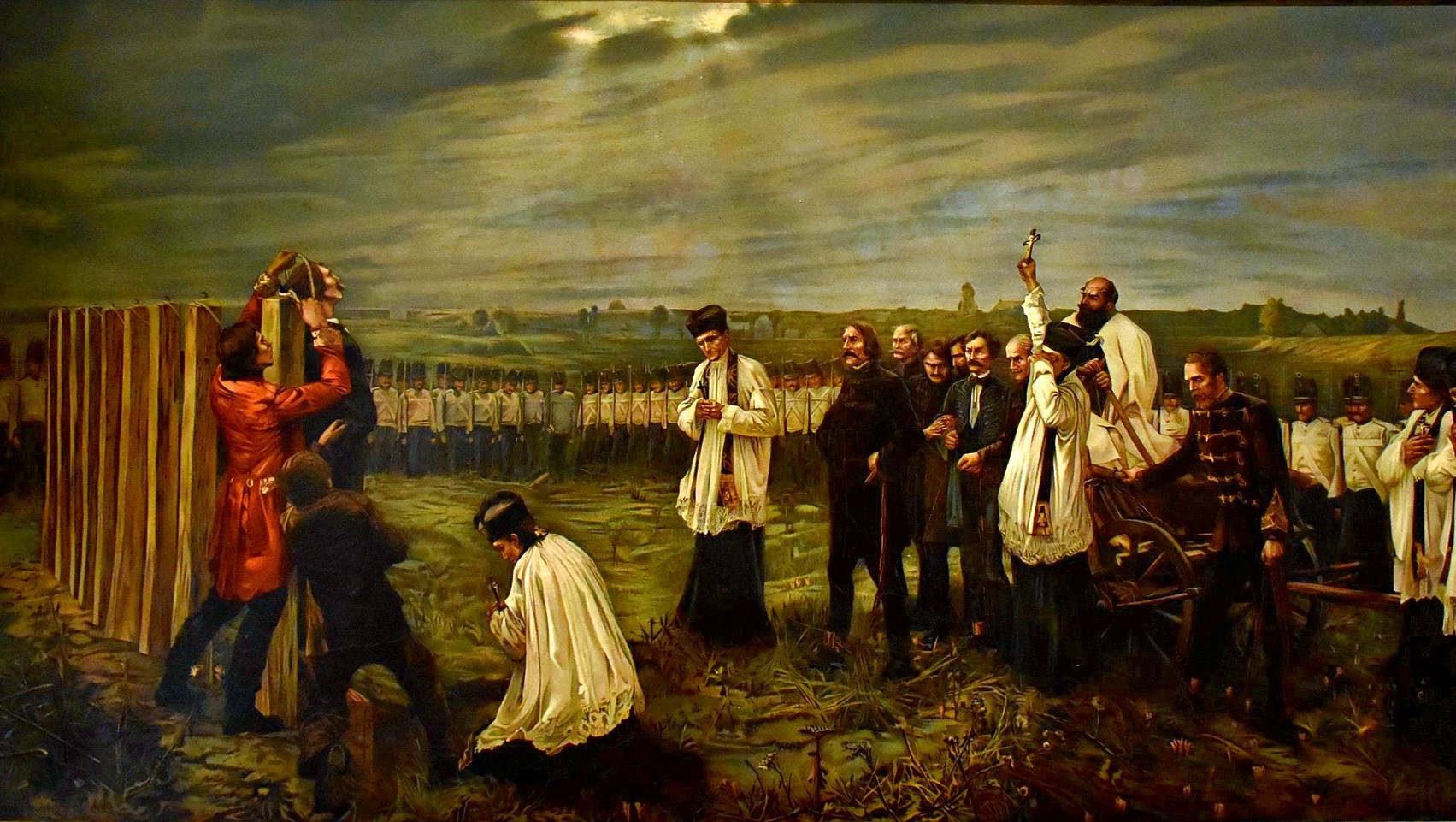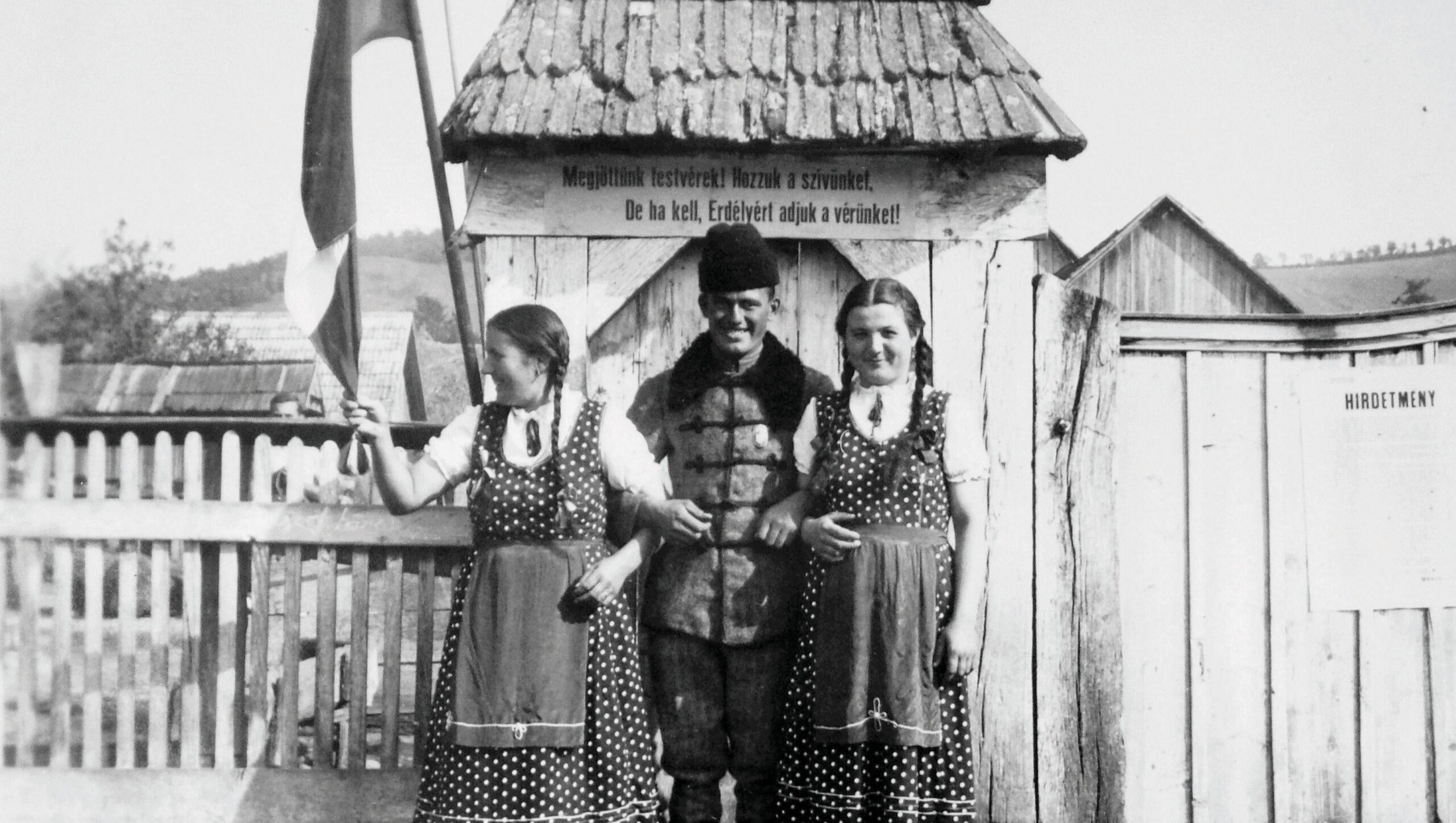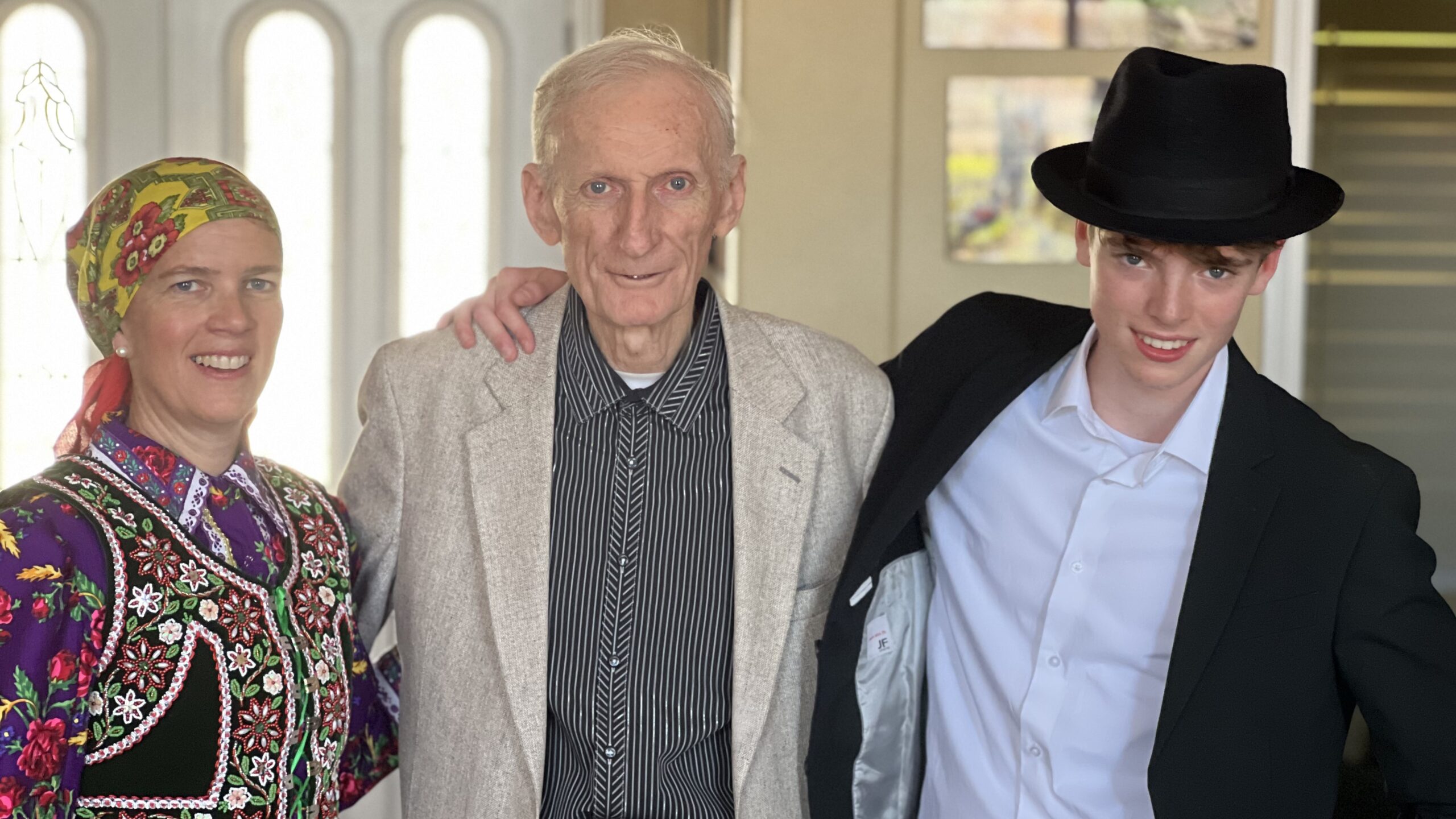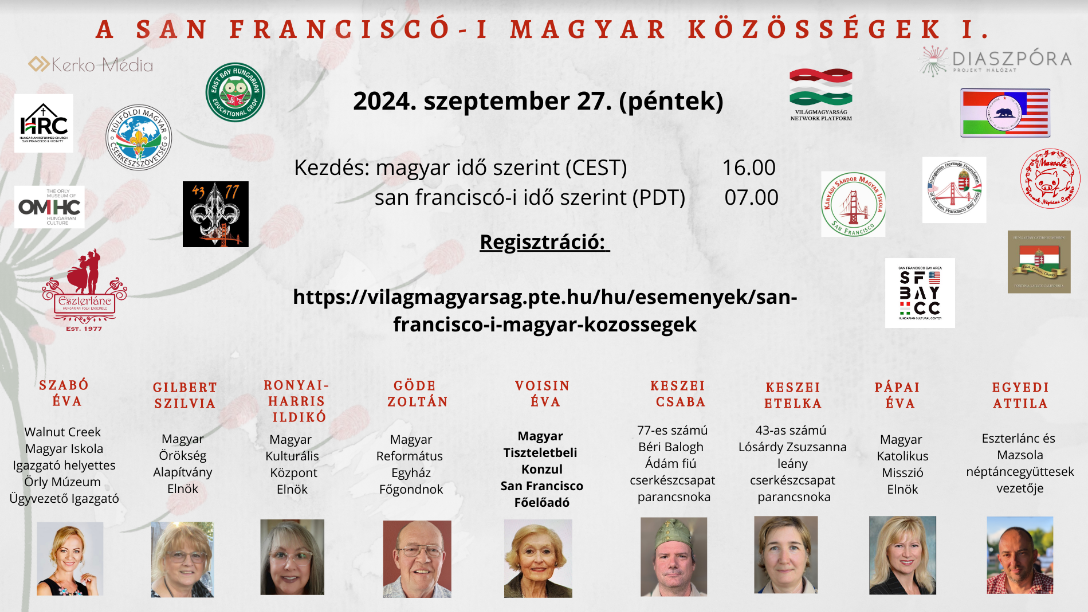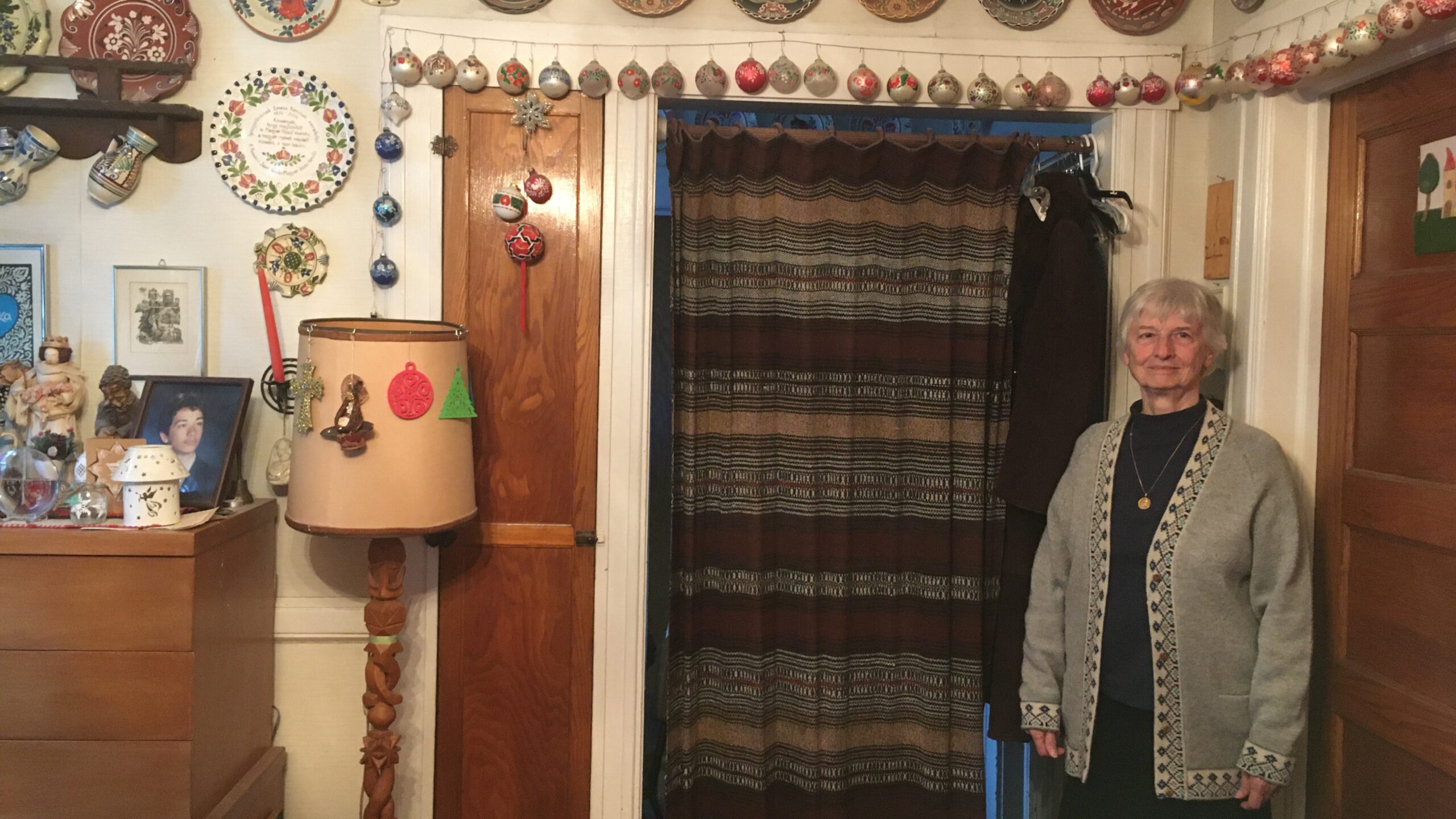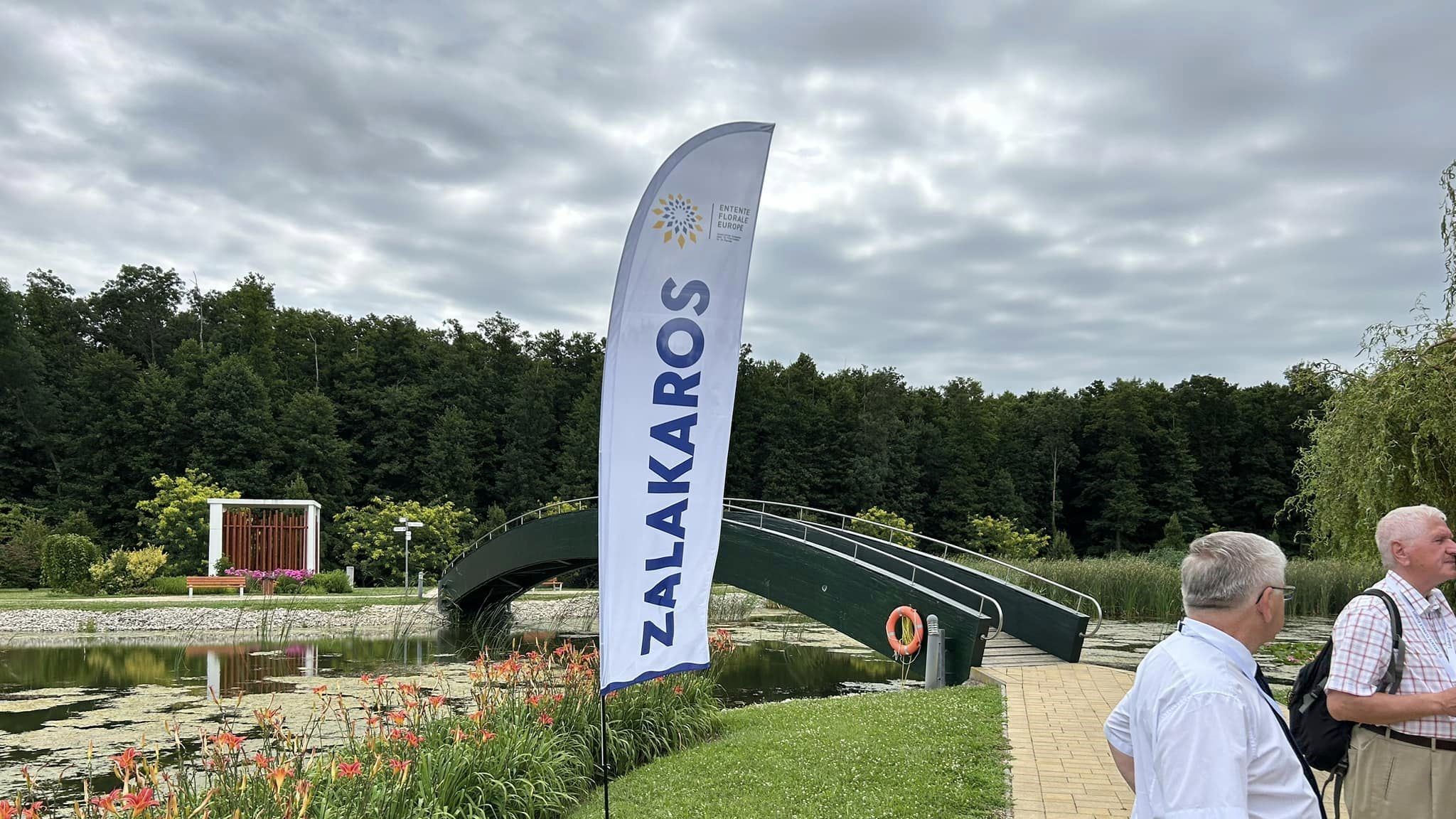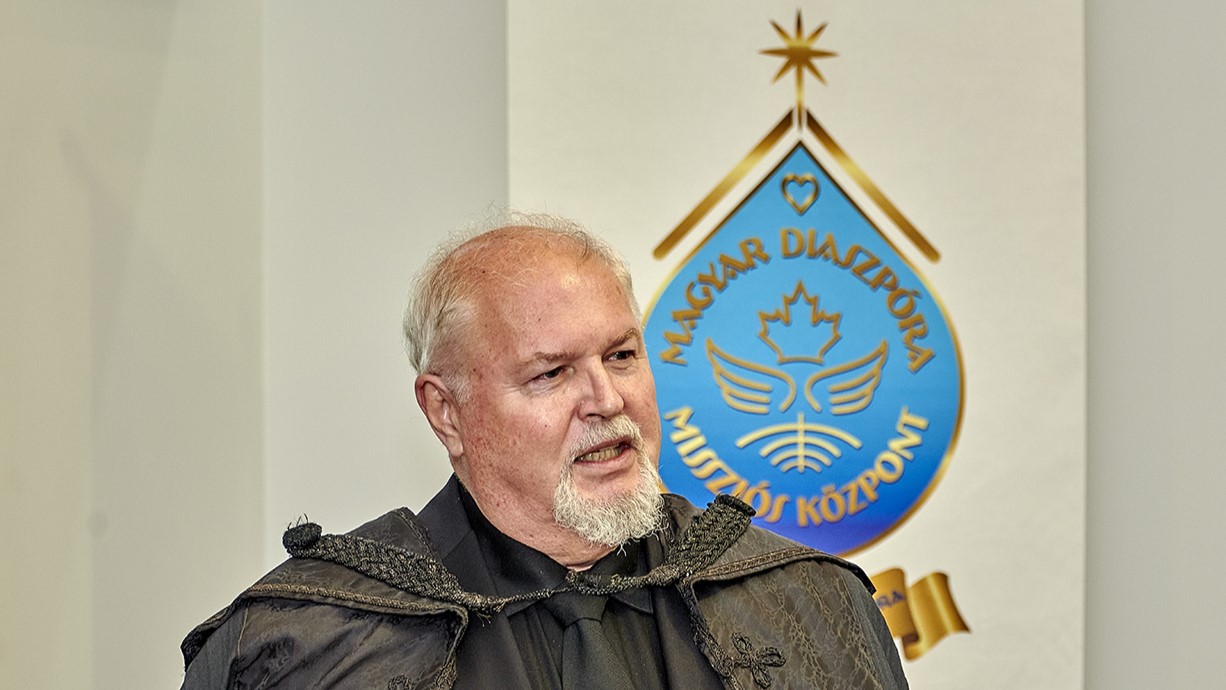
An Interview with Rev. Zoltán Vass, Minister of the Reformed Church in Toronto
An in-depth interview with Zoltán Vass, son of a Transylvanian minister, who emigrated from Transylvania, Romania to America, initially to New York, then Hollywood, ultimately settling in Toronto 29 years ago as the minister of the First Hungarian Reformed Church. He also serves on the Board of the Hungarian Diaspora Council.

